In today's world, beauty and body care routines are more elaborate than ever. From serums and moisturisers to body lotions and deodorants, we rely on these products to keep us looking and feeling our best. However, beneath the promise of glowing skin and silky hair lies a potential risk to our hormonal health. The hidden danger? Endocrine disruptors—chemicals in everyday beauty and body care products that can interfere with our body's delicate hormonal balance.
The Rising Concern About Endocrine Disruptors
Endocrine disruptors are substances that can interfere with the endocrine system—the collection of glands that produce hormones regulating metabolism, growth, reproduction, and mood. Over the past few decades, there has been growing concern about the presence of these chemicals in our daily beauty and body care products. Many of these chemicals mimic or block hormones, leading to a wide range of potential health issues.
The problem is widespread: these chemicals can be found in everything from shampoo and sunscreen to makeup and deodorants. Common offenders include parabens, phthalates, and triclosan, all of which have been linked to hormone disruption in scientific studies.
Common Hormone-Disrupting Ingredients
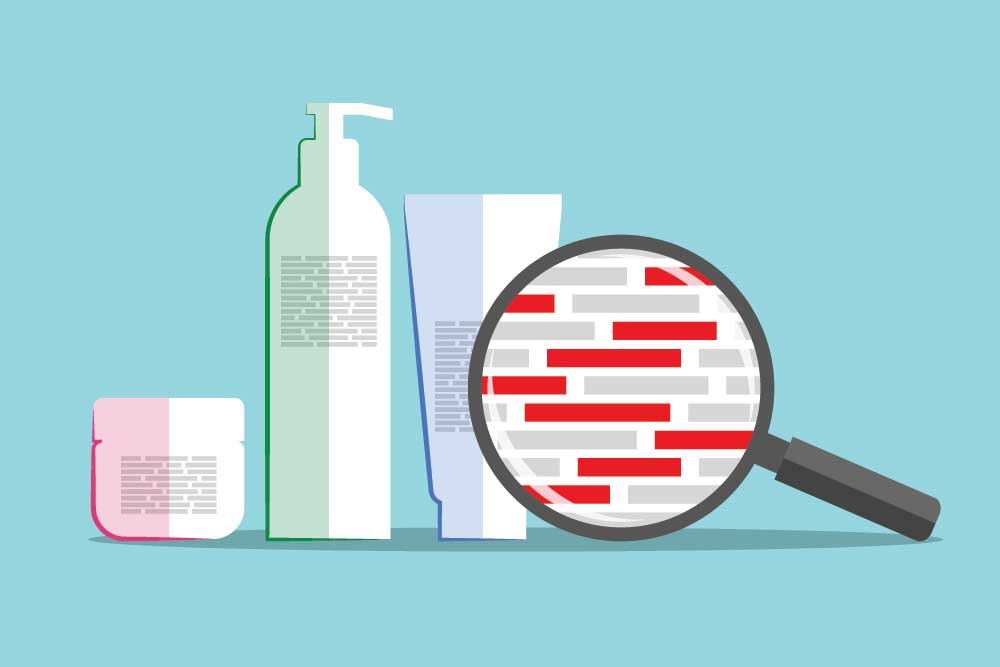
Image used for representational purposes only.
Understanding what ingredients to look out for is the first step in protecting your hormonal health. Here are some of the most common hormone-disrupting chemicals found in beauty and body care products:
Parabens: Widely used as preservatives, parabens are found in many cosmetics and skincare products. They can mimic estrogen in the body, potentially leading to hormonal imbalances.
Phthalates: Often used to make products more flexible or to help fragrances last longer, phthalates can disrupt the endocrine system and have been linked to reproductive issues.
Triclosan: This antibacterial agent is found in some soaps, toothpaste, and deodorants. Triclosan can interfere with thyroid hormones and contribute to antibiotic resistance.
BPA (Bisphenol A): Commonly found in plastic packaging and some cosmetic products, BPA can mimic estrogen and has been linked to various health issues, including infertility and cancer.
Fragrance: The term ‘fragrance’ on a product label can hide a cocktail of chemicals, many of which are hormone disruptors. These chemicals are often not listed individually, making them difficult to avoid.
Health Implications: Hormonal Imbalances and Beyond
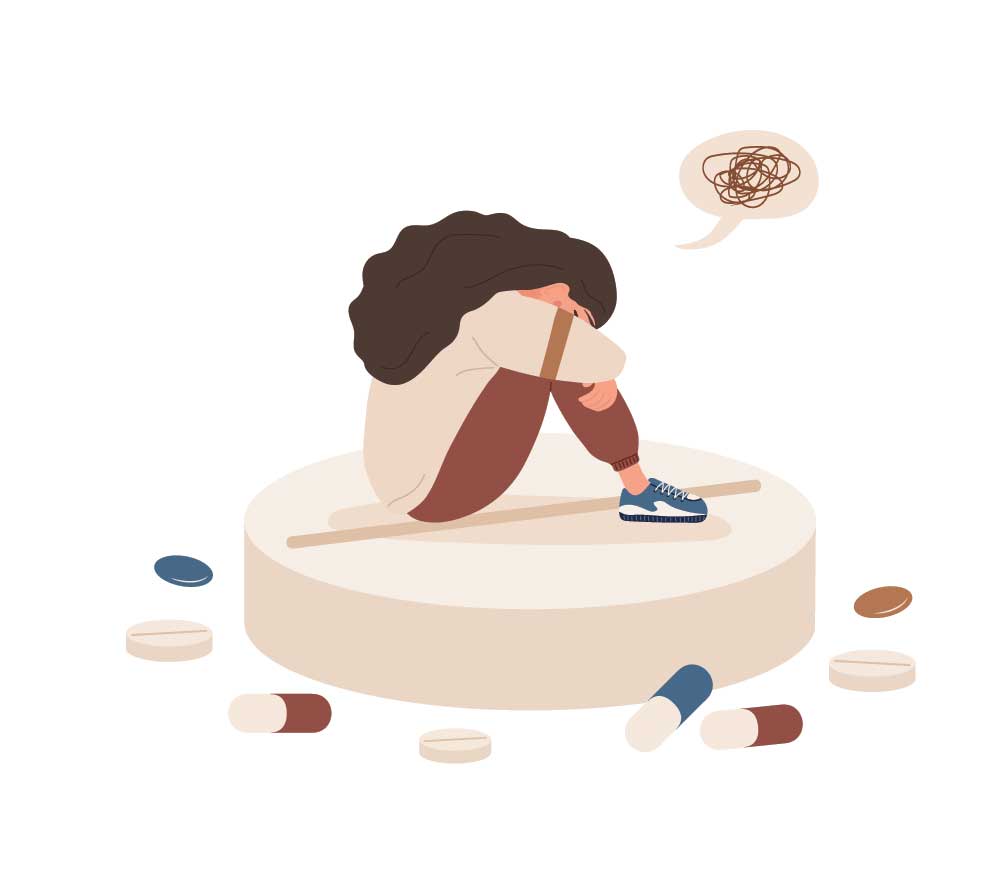
Image used for representational purposes only.
The potential health effects of endocrine disruptors are far-reaching. Here are some of the most concerning implications:
Hormonal Imbalances: By mimicking or blocking hormones, these chemicals can disrupt the normal functioning of the endocrine system, leading to symptoms like irregular menstrual cycles, weight gain, and mood swings.
Fertility Issues: Exposure to hormone disruptors has been linked to reproductive problems in both men and women, including reduced sperm count and difficulty conceiving.
Increased Risk of Cancer: Some hormone disruptors, like BPA, have been associated with an increased risk of hormone-related cancers, including breast and prostate cancer.
Developmental and Behavioural Problems: Pregnant women and young children are particularly vulnerable to the effects of hormone disruptors, which can interfere with normal development and lead to long-term health issues.
How to Protect Yourself
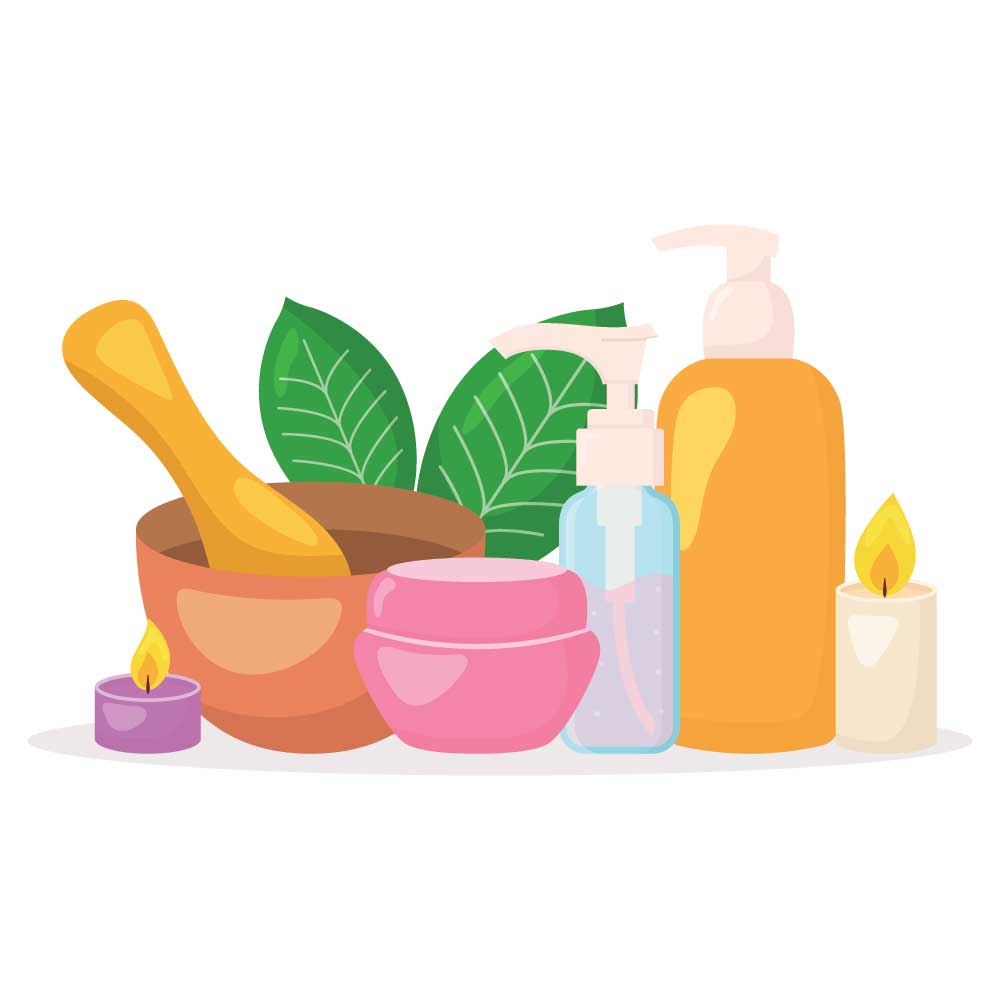
Image used for representational purposes only.
While it may seem overwhelming, there are steps you can take to reduce your exposure to hormone-disrupting chemicals:
Read Labels: Familiarise yourself with the common names of endocrine disruptors and read product labels carefully. Avoid products containing parabens, phthalates, triclosan, and BPA.
Choose Fragrance-Free Products: Opt for fragrance-free or naturally scented products. Be cautious of products labelled "unscented," as they may still contain masking fragrances.
Go Natural: Consider switching to natural or organic beauty and body care products, which are less likely to contain synthetic hormone disruptors. Look for certifications like USDA Organic or Ecocert.
Use Fewer Products: Simplify your routine by using fewer products overall. The fewer products you use, the less exposure you have to potential endocrine disruptors.
Avoid Plastic Packaging: Choose products packaged in glass or BPA-free plastic to reduce exposure to hormone-disrupting chemicals found in packaging.
DIY: Consider making your own beauty products at home using simple, natural ingredients like coconut oil, shea butter, and essential oils.
Our Favourite Hormone-Safe Products:
100% Organic Bulgarian Rose Water, Juicy Chemistry
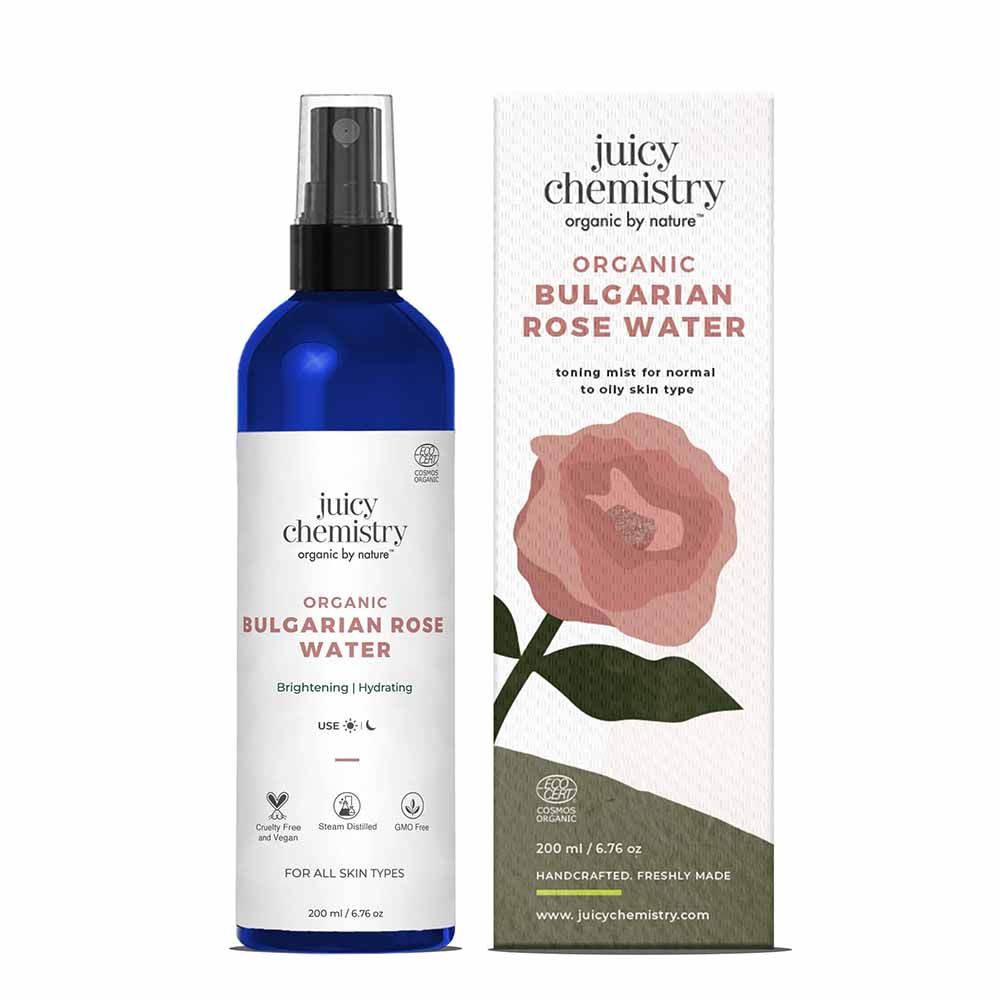
Image Source: juicychemistry.com
image- https://juicychemistry.com/cdn/shop/files/Organic-Bulgarian-Rose-Water-Gulab-Jal-Toner-Product-Packaging.jpg?v=1725428629&width=2560
This certified organic toner is free from synthetic chemicals and fragrances. It hydrates and refreshes the skin with pure rose water, balancing skin's pH naturally.
Arrack Of Rice & Bananas Redefining Mousse, Old School Rituals
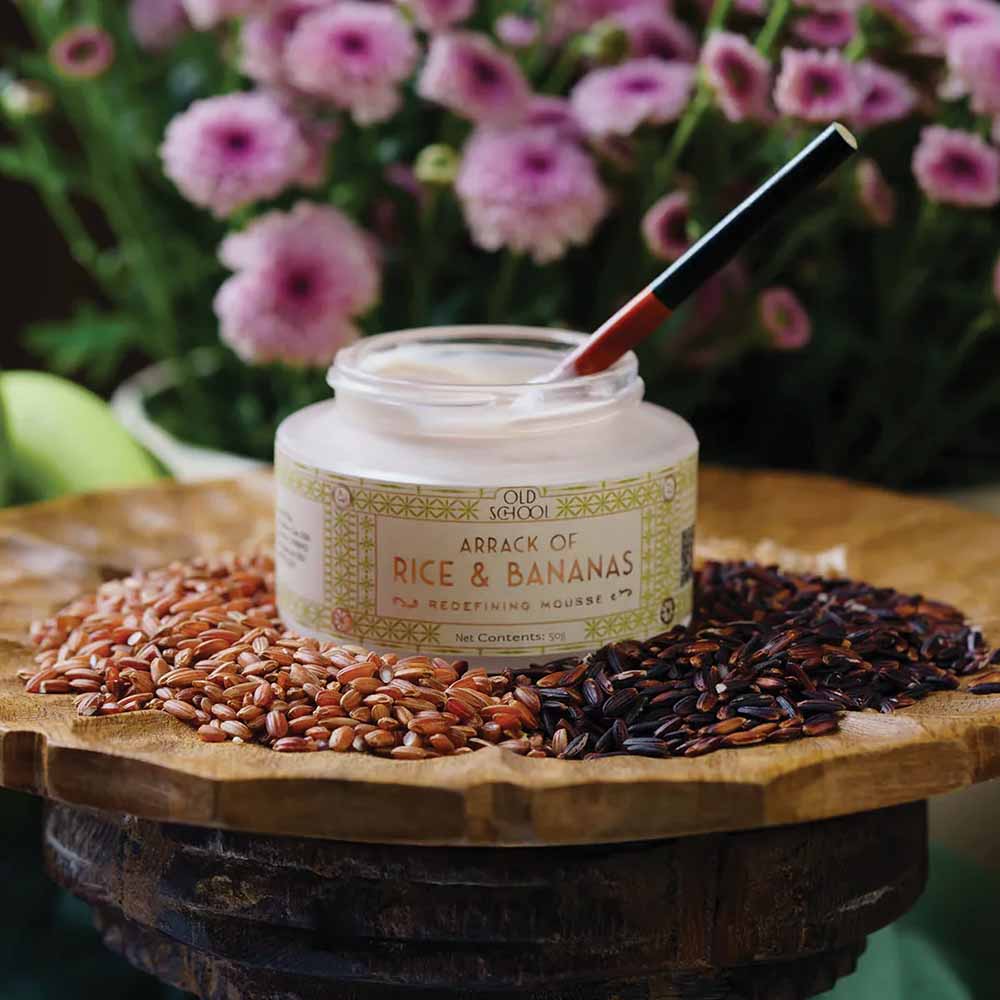
Image Source: oldschoolrituals.in
This nutrient-rich mousse combines rice and bananas to naturally moisturise your skin, providing intense nourishment and hydration.
Turmeric & Basil Leaf Sun Fluid Tender Coconut Water with SPF 50 PA ++, Forest Essentials
A lightweight, Ayurvedic sun fluid infused with turmeric, basil, and tender coconut water that offers broad-spectrum SPF 50 protection while hydrating and soothing the skin.
Kick Ass Ubtan, Raw Beauty
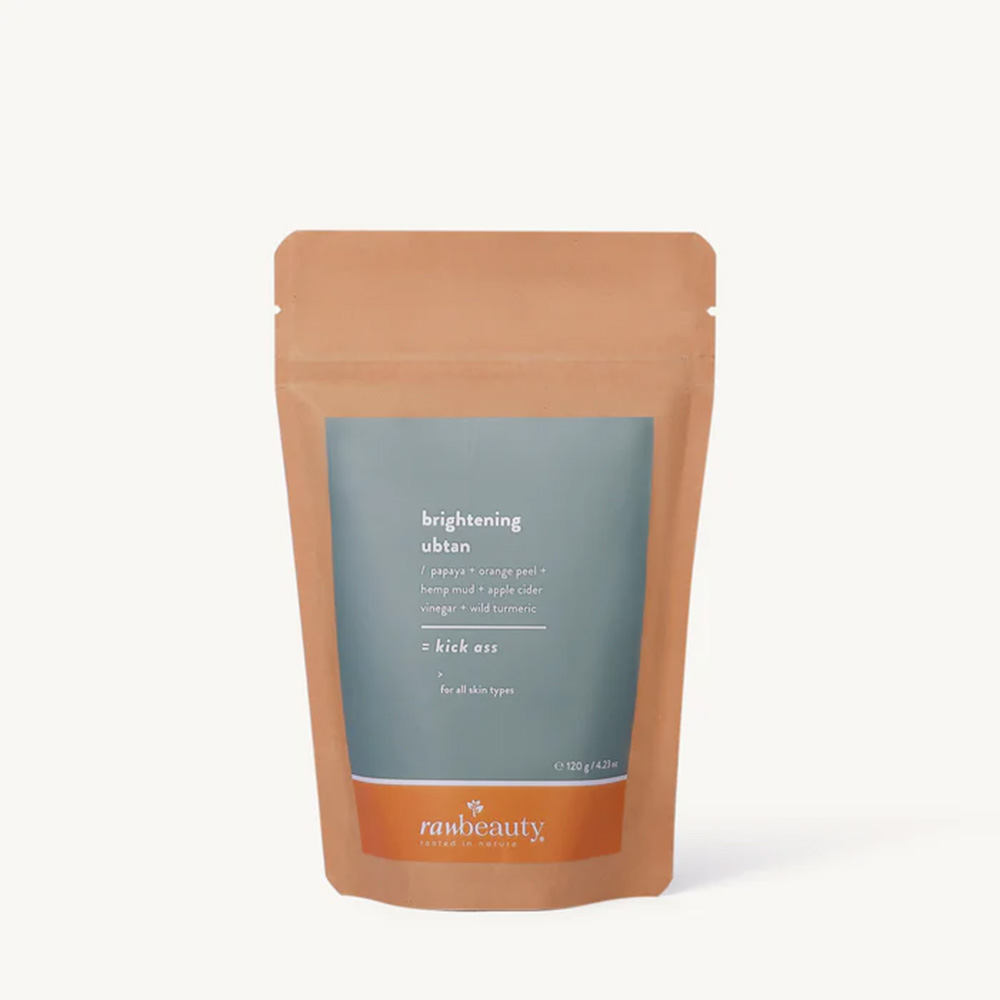
Image Source: rawbeautywellness.com
A powerhouse blend of natural ingredients, this ubtan gently exfoliates, brightens, and detoxifies skin, leaving it refreshed and glowing without any harsh chemicals.
Apricot Kernel Oil , Pahadi Local
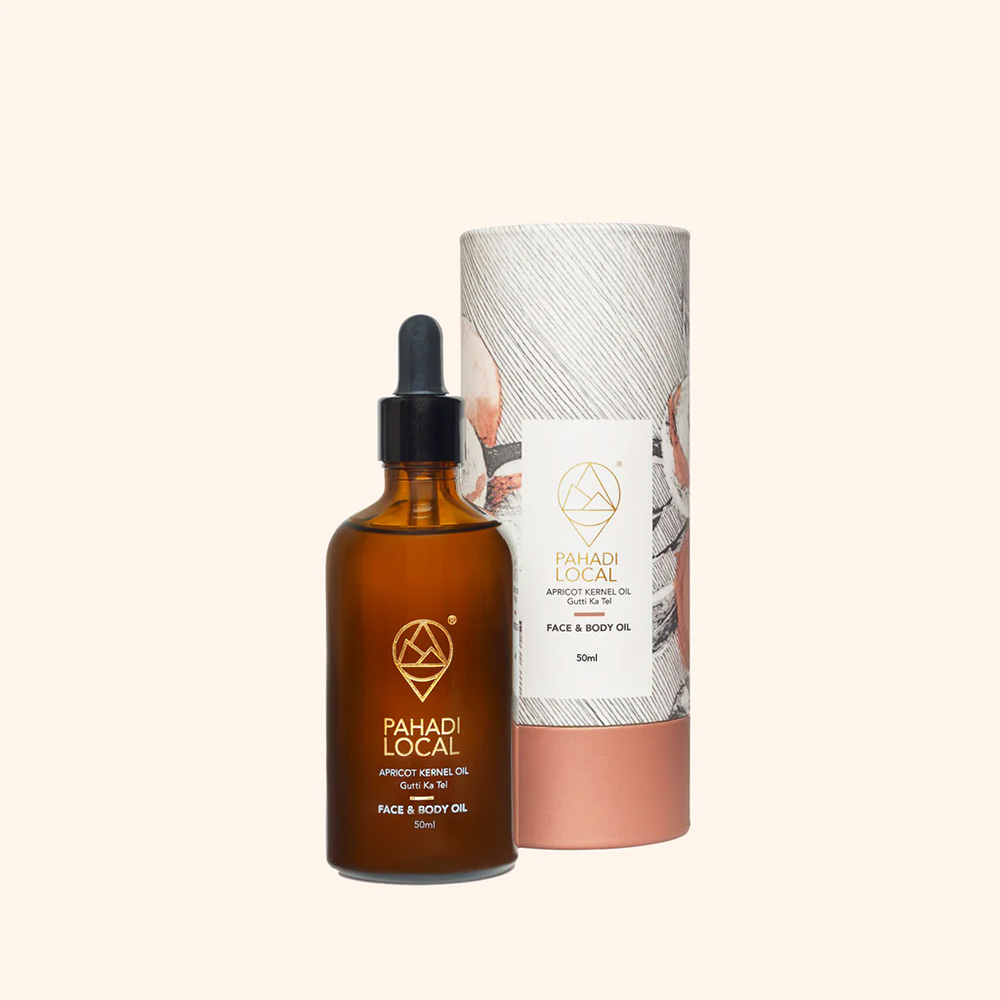
Image Source: pahadilocal.com
A luxurious, cold-pressed apricot kernel oil from the Himalayas that nourishes the skin and hair, rich in vitamins A and E for deep hydration and rejuvenation.
These Indian skincare products prioritise clean, natural ingredients and avoid hormone-disrupting chemicals, making them great for both skin and overall well-being.
The beauty and body care products we use every day may seem harmless, but they can have hidden risks to our hormonal health. By being informed and making conscious choices, you can protect yourself from the potential dangers of endocrine disruptors. Reading labels, opting for natural products, and simplifying your routine are all steps you can take to ensure that your beauty regimen supports, rather than undermines, your well-being.